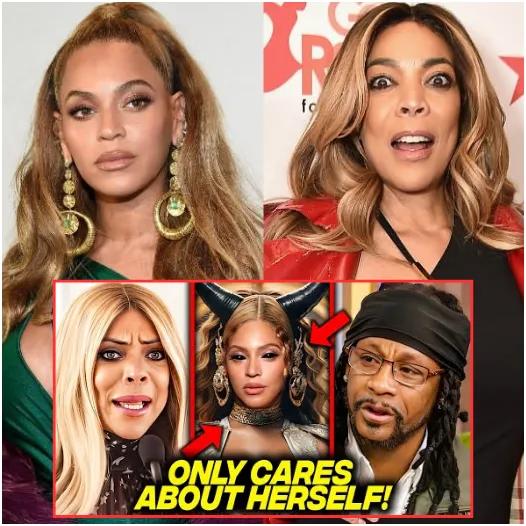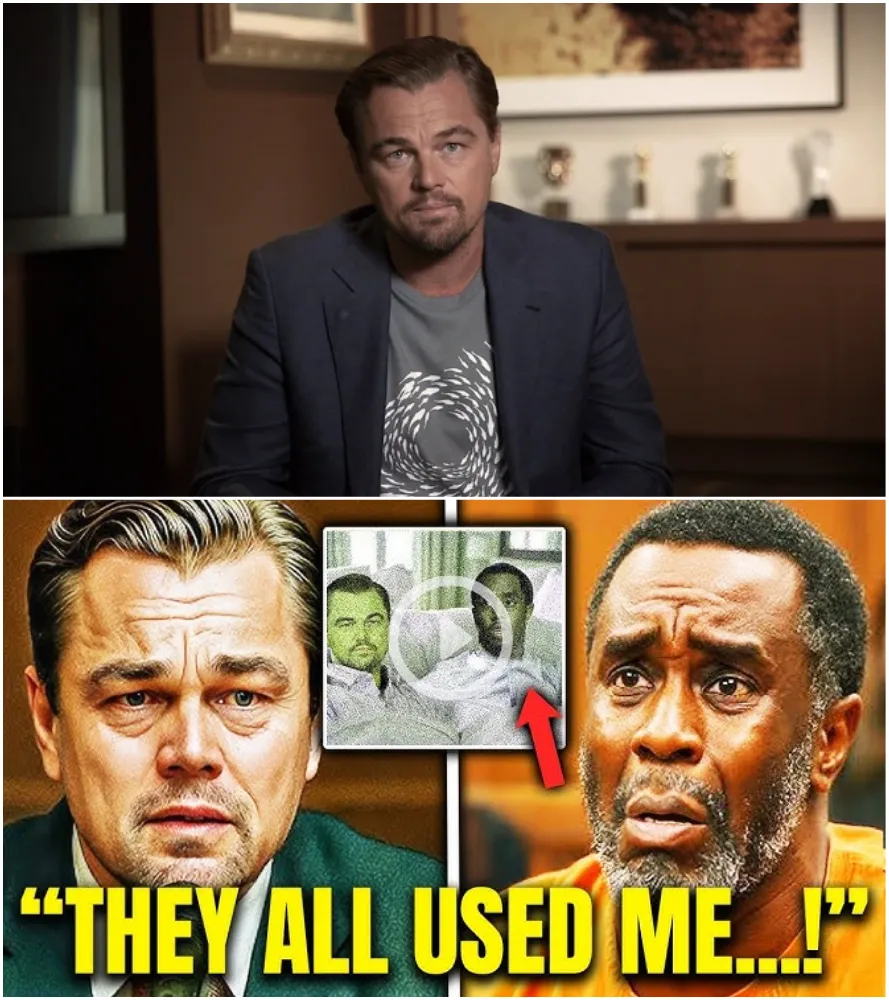Katt Williams shares why Diddy was one of his targets on Club Shay Shay
In a recent episode of the popular podcast Club Shay Shay, renowned comedian Katt Williams shared candid insights into his perspective on public figures and the deeper spiritual battles he believes are happening behind the scenes.
Among the topics discussed, his comments about Diddy—music Mogul and entrepreneur—caught significant attention. Williams’s stark words reveal a complex mix of personal conviction, spiritual awareness, and a desire for accountability in the entertainment industry.
The Context Behind Katt Williams’s Remarks
Katt Williams is no stranger to controversy. Known for his sharp wit and fearless commentary, he often dives into topics that others might avoid. During the podcast, he addressed themes of good versus evil, spiritual warfare, and the influence of powerful individuals in society.
His comments about Diddy were particularly pointed: “I just don’t like you walking around scot-free. ’Cause you a demon, and I know demons are powerful, but I know why they’re powerful… It’s cold spiritual warfare going on out here in the real world.”
This statement underscores Williams’s belief that many public figures wield influence that transcends mere fame and money—he suggests they have a spiritual dimension that can be used for good or evil.
Williams’s view is that some individuals in the spotlight might be embodying negative spiritual energies, which he refers to metaphorically as “demons,” and that these entities exert control behind the scenes.
What Does Spiritually Warfare Mean in This Context?
Katt Williams's mention of spiritual warfare reflects a worldview where unseen battles are fought over the morality and direction of society. He indicates that these battles are not just abstract concepts but real and impactful. By calling Diddy a “demon,” Williams is accusing him of actions or influences that are morally corrupt or spiritually harmful, whether consciously or unconsciously.
Williams’s perspective aligns with certain religious and spiritual teachings that emphasize the presence of good and evil forces competing for influence in the world. For him, the entertainment industry is a battleground where these forces can manifest through the actions and decisions of influential figures. His role, in part, he suggests, is to remain vigilant, “not lose focus,” and perhaps to call out what he perceives as evil or manipulation when he sees it.
The Cultural Significance of Williams’s Comments
This honesty from Katt Williams sparks a broader conversation on how celebrities and entertainment moguls wield their power. While critics might dismiss such comments as paranoid or overly spiritualized, others see them as a plea for accountability and integrity. Williams’s candor challenges the industry’s glamor and gloss, hinting at a darker underbelly that many prefer to ignore.
The discussion touches on themes of moral responsibility and the possible influence of negative forces in shaping culture, politics, and societal norms. Williams’s approach invites fans and the public to reflect on the energies and motives behind their icons. It raises questions about transparency, motivation, and the unseen influence that can sway decisions at the highest levels.
Diddy’s Position and Public Response
Diddy, whose real name is Sean Combs, has long been a central figure in music, fashion, and business. Known for his resilience and entrepreneurial spirit, he has also faced scrutiny over the years regarding his influence and actions.
When Williams expressed his views publicly, it added a layer of intrigue and controversy—whether Diddy responds directly or not, the conversation adds to the ongoing discourse about power dynamics in entertainment.
It’s essential to grasp that Williams’s remarks are deeply rooted in his personal beliefs and experiences. For some, he appears as a moral watchdog calling out presumed wrongdoings, while others might see him as engaging in spiritual rhetoric that’s metaphorical or exaggerated.
Whatever the case, his comments highlight the importance of moral consciousness and the potential influence of unseen energies in societal affairs.
The Broader Implications
Katt Williams’s comments are more than just celebrity gossip; they echo a timeless theme found across cultures—the battle between good and evil, seen and unseen. His assertion that he’s aware of “cold spiritual warfare” suggests a conviction that conscious awareness and vigilance are crucial in navigating life’s complexities.
This viewpoint encourages listeners to question what lies beneath the surface of social interactions and fame. Are some figures in the entertainment industry being influenced by forces beyond their understanding? Are their actions aligned with higher moral principles or dark temptations? Williams’s insights push for introspection and recognition of the spiritual dimension of human affairs.
Conclusion
Katt Williams’s candid revelations on Club Shay Shay about Diddy and spiritual warfare emphasize that comedy and personal conviction often intersect to challenge societal norms.
His bold stance invites believers and skeptics alike to consider the unseen battles that may be shaping our world—battles of morality, power, and influence. Whether one agrees or not, Williams’s message serves as a reminder that awareness and discernment are vital tools in navigating the complexities of modern life.
In the end, his words underscore a vital truth: beneath the surface of fame and fortune, there may lie darker forces at play. Recognizing and confronting them requires courage, clarity, and a steadfast commitment to truth—qualities that Williams exemplifies in his outspoken approach.



